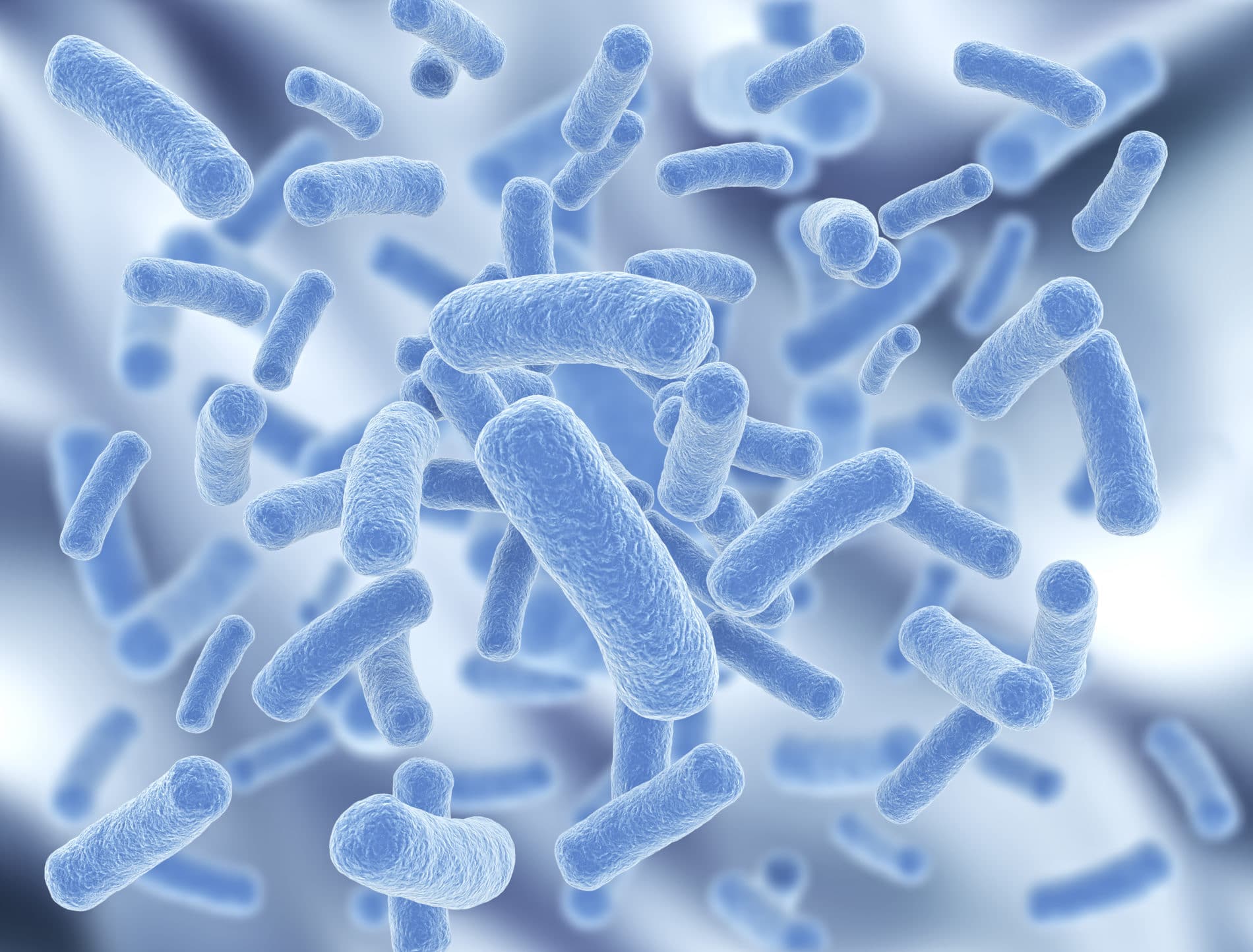The launch of the Human Microbiome Project by the National Institutes of Health in 2007 dramatically increased interest in the human gut microbiota, also called the microbiome. Consumers, health professionals and scientists want to know more about the relationship of the microbiome to our health and how foods and beverages we consume may have an influence. And over the last five years, the potential impact of low and no calorie sweeteners (LNCS) such as Ace-K on the microbiome has been a subject of debate.
Safety
Safety has been well-documented over decades for low and no calorie sweeteners such as Ace-K, indicating that these LNCS as a group, or individually, do not pose any safety concerns at their currently approved levels. Therefore, nutrition and health professionals can feel confident in recommending LNCS to patients, clients and consumers as an option for sweetening foods and beverages without the addition of sugar or calories. — Neva Cochran, MS, RDN, LD
The Gut Microbiome
The human microbiome is composed of trillions of microorganisms with the majority located in the gastrointestinal tract. The gut microbiome is created at birth, rapidly develops over the first three years and continues to change and adapt throughout our lives. Over 1,000 species of microorganisms have been identified in the microbiome, but about 160 are present in the gut of any one individual. The microbiota plays a key role in human digestion and metabolism by contributing enzymes not produced by the body to help break down polysaccharides and polyphenols and synthesize vitamins.
What the Science Says
- This webinar presented
 by the Academy of Nutrition and Dietetics Webinar explores what we know now about measuring bacterial growth in the microbiome and the effect of specific ingredients using two new publications, particularly low-calorie sweeteners, on gut bacteria. Access webinar: Low-Calorie Sweeteners, Food Additives, and the Microbiome: What We Know Now
by the Academy of Nutrition and Dietetics Webinar explores what we know now about measuring bacterial growth in the microbiome and the effect of specific ingredients using two new publications, particularly low-calorie sweeteners, on gut bacteria. Access webinar: Low-Calorie Sweeteners, Food Additives, and the Microbiome: What We Know Now
- Ian Rowland, Department of Food and Nutritional Sciences, University of Reading UK, presented at the 55th Annual Meeting of the European Association for the Study of Diabetes, September 2019. Video below.
- A comprehensive study looking at the rele
 vant primary research on the effects of low- and no-calorie sweetener intake on the gut microbiome concluded that there is no clear evidence of adverse effects on the gut microbiome for LNCS consumption. Find the study and a review from registered dietitian, Neva Cochran below, as published in Feb 2019 Food and Chemical Toxicology.
vant primary research on the effects of low- and no-calorie sweetener intake on the gut microbiome concluded that there is no clear evidence of adverse effects on the gut microbiome for LNCS consumption. Find the study and a review from registered dietitian, Neva Cochran below, as published in Feb 2019 Food and Chemical Toxicology.
